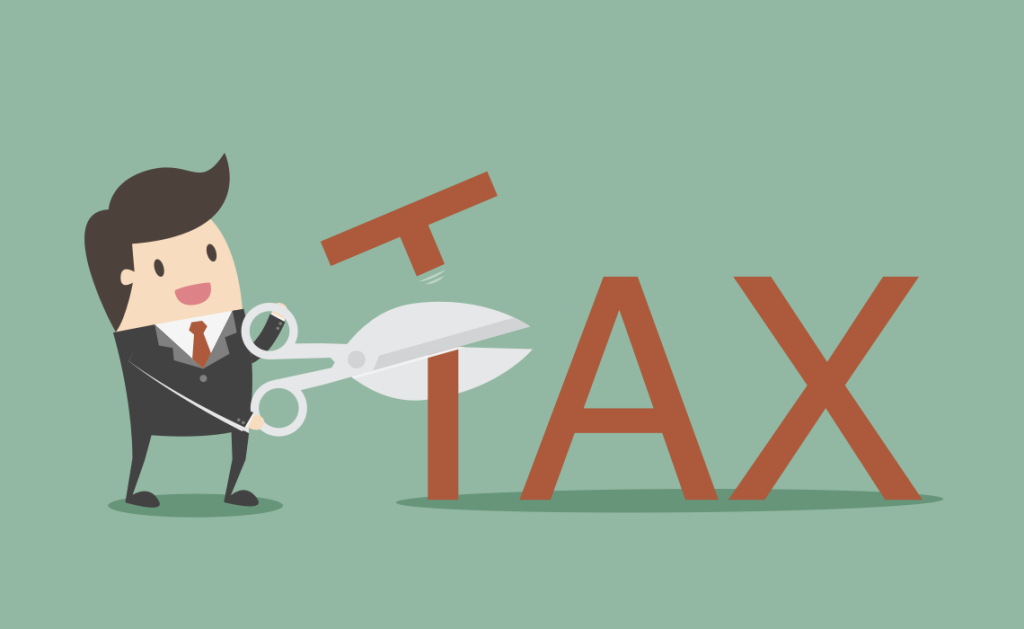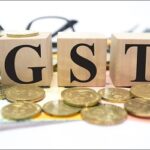Do you know that you can avoid income tax on sale of residential house property? Income tax act has specified section 54 that deals with capital gain arises on sale of property. It states conditions under which a taxpayer can claim exemption of capital gain. In a simple term section 54 spell out that, capital gain arises on sale of residential property is exempted when capital gain is utilised in purchase of another residential house property. There are number of examples where taxpayer takes advise of income tax consultant regarding his specific query. In this article we have tried to cover maximum queries in simple manner so that you can get all your answers by reading this article. Let us now understand the terms and conditions of section 54 in detail.

1. What is capital assets: Capital asset is defined under section 2(14) of the income tax act 1961. Capital asset means
- a property held by the taxpayer whether or not connected with his business or profession.
- any securities held by a Foreign Institutional Investor (FII)
- any unit linked insurance policy to which exemption under clause (10D) of section 10 does not apply on account of the applicability of the fourth and fifth provisos thereof (w.e.f 01.04.2021)
But the capital assets does not include:Stock-in-trade
- personal effects, that is to say movable property held for personal use. However capital assets includes:
- jewellery;
- archaeological collections;
- drawings;
- paintings;
- sculptures; or
- any work of art.
2. agricultural land in India (with certain conditions)
3. 6 per cent Gold Bonds, 1977, or 7 per cent Gold Bonds, 1980, or National Defence Gold Bonds, 1980,
4. Special Bearer Bonds, 1991,
5. Gold Deposit Bonds
2. What is Long term capital assets and Capital gain
Long term capital asset means an asset which is not short-term capital asset. To qualify an asset to be a Long term capital asset, holding period should be more than 36 month, however few assets have been prescribed under the income tax act whose period of holding if more than 24 months, asset will be treated as Long-term capital assets. Immovable property such as Land and Building is a part of the definition of capital asset and it should be called as Long-term capital assets, if period of holding is more than 24 months.
3. What is Residential house property
It means a property which is used for residential purpose during the previous year and this does not include commercial property. A word ‘residence’ refers to a place of ‘’Permanent residence and not merely temporary abode (Harsutrai J. Raval vs Commissioner Of Income-Tax 255 ITR 315)
CBDT has clarified the exemption in respect of house property is available even if income from house property is Nil or Negative as computed under section 23(2)(a)
4. Conditions to claim exemption:
Section 54 specifies few conditions that should be fulfilled by the taxpayer, if (S)he wants to claim exemption under section 54 on sale of residential house. These conditions are as follow:
- Property should be Self-occupied property, whose income is change to tax under the head ‘’Income from house property’’;
- Only Individual and HUF can claim deduction under section 54. Which means private limited company, Limited company, Society, Association of person, Body of individual cannot claim deduction under section 54;
- The house property should be long-term capital assets, means whose period of holding is more than 24 months;
- House can be purchased within 1 year before the date of transfer (within 2 years after the date of transfer), alternatively house can be constructed within 3 years from the date of transfer.
- House property should be situated in India
5. What is the amount of exemption –
If the amount of capital gain is less than the amount of new house acquired, then entire amount of capital gain is exempt from tax. If the amount of capital gain is more than the amount of house purchased/constructed then difference between the of capital gain and the cost of purchased/construction is chargeable to tax.
| Particulars | Exemption |
| Capital gain < Cost of house purchased/Construction | Entire amount is Exempt |
| Capital gain > Cost of house purchased/Construction | Exemption= Capital gain minus Cost of house purchased/Construction |
6. Consequences if house is transferred within 3 years:
A further condition has been added to hold an asset for at least 3 years. If property is sold with in 3 years from the date of its acquisitions, the amount of capital gain exempted earlier will be chargeable to tax in the year in which house property is sold.
7. Capital Gains Accounts scheme 1988:
Where the amount of capital gain is not fully utilized for the purpose of purchase of house property or construction, it shall be deposited in the capital gain accounts scheme 1988 on or before the due date of furnishing the return of income. If deposited amount is not utilized within stipulated period, then amount not so utilized shall be treated as long term capital gain of the previous year in which period above specified expires.
Key points to remember:
- Investment in both land and building are available for exemption (C Aryama Sundaram vs CIT 407 ITR1).
- If capital gain is less than 2 crore, taxpayer can purchase or construct two residential house. This exemption is available once in a lifetime.
- Nowhere is specified under the income tax act that same fund should be utilized for purchase of new house. The income tax only states that the taxpayer should purchase new residential house. (Ishar singh chawla vs CIT [2010])
- Even if return of income is filed after the due date (belated return), assessee is entitled to claim exemption under section 54 (CIT vs Rajesh Kumar Jalan 286 ITR 274).
- Non-residents (NRI) are allowed to take benefit and claim the exemption under section 54 arising out of sale of house property.
For any information/query/concerns related to income tax provisions, please feel free to contact us at mail@nbaoffice.com







